H.O.W.
Lyrics
I can treat you to visits to coastal pillboxes (2)
I like to delve in destruction, lust and debauches
And I am the one who stamps on all ages
From 16 to 40, over and under
I'm monolithic, and the black ice on the corner (3)
Hiss...hiss...hiss (4)
As all is as one, as all damp on all stone
I hold all time and can induce at once
Jet trains, lead paint, stamps on border forms
Misread Easter Island, put butter on plague style (5)
Spin complete revolutions and not bat an eyelid
And alter tree-rings so that what you are after
You will not ever find with a surfeit of lumber (6)
And make you imagine from hunger
Bread trees spinning, dripping with butter
Just 6 inches higher than your upstretched middle finger
History of the...
I place minute dust in your microchip vessels
For daring to think all science is immortal
I am the one who'll strike you down at once
For stretching time-bracket, and assuming that what is
Can be maladjusted. A rigid adoption
Of codes you had concocted
I can treat you to visit to coastal pillboxes
And show you all hideous microscope thingies
And Hovis set-up in London's psoriasis (7)
Stockings, jokings, 1780's
History of the wo...
I like to delve in destruction, lust and debauches
And I am the one who stamps on all ages
From 16 to 40, over and under
History of the world
Notes
1. It is revealed by the end of the song that "H.O.W." stands for "History of the World." The song, then, would seem to be narrated by history itself, here seen both as, in Hegel's famous formulation, a "slaughter bench" (Schlachtbank), and a speaking character. The lyrical strategy here is somewhat reminiscent of The Rolling Stones' "Sympathy for the Devil," but whereas the latter attributes very real calamities to a fictional character, here the narrator is a fictionalized congelation, rather than an anthropomorphic source, of real evils. History here, like the devil, is not merely malign, but a deceiver; from misinterpreting Easter Island to being bamboozled by tree rings, history as a science, and all related sciences, are thwarted at every turn by the narrator, who seems to delight in confusion and death.
Zack:
"In a letter to Tony Friel dated 25.1.77 (recently shared on The Mighty Fall Facebook group), MES listed 'History Of the World' as one of 'The OUTSIDER GROUP''s unrecorded songs. Seems unlikely it's the same song, but it could have been the seed of an idea that became 'H.O.W.' twelve years later."
The Fall originally called themselves The Outsiders until they learned the name was taken.
See also "Look, Know" and "Gramme Friday."
2. Pillboxes were fortified concrete structures that served, in coastal locations in England during the Second World War, as a line of defense against a feared German invasion. Over 18,000 pillboxes were built in Britain during World War II, and about 20% of them remain standing. The pillboxes are indeed visited by tourists; history enthusiasts take "pillbox walks" along routes where the remaining structures can be seen.
3. A note for those whove spent their lives in warm climates: black ice is ice that is not visible, and thus especially hazardous. It forms a thin transparent layer on the surface of roads, and is called "black" because it does not have a different color than the (often black) pavement beneath.
4. "Hiss" is the first syllable of "history," and also, of course, the sound a snake makes. The tempting of Adam and Eve by the snake in the Bible is a mythological account of the entry of human beings, who had been in an ahistorical state of innocence, into history. If we subscribe to this version of things, then both history and "history" begin with a hiss.
5. Easter Island, in the Polynesian Triangle in the South Pacific, is famous for its hundreds of huge-headed statues (called moai) created by the Rapanui people. "Misread" is here pronounced in the present tense. Dan points out that "Von Daniken misread Easter Island - he thought the statues were built by people from outer space."
As for "butter on plague style," a late 16 Century manuscript of instructions for dealing with the plague, commissioned by Queen Elizabeth, recommends applying poultices of Valerian Root, Danewort (Elder), Smallage (wild celery) and butter to the sores of sufferers. The same manuscript contains the following prescription: "For women with child, or such as be delicate and tender, and cannot away with taking of medicines. Make a toast of white or of the second bread, as you think good, and sprinkle on it being hot a little good wine vinegar, made with Rose leaves, and for want of it any good common or used vinegar, & spread on the toast a little butter, and cast thereon a little powder of Cinnamon, and eat it in the morning fasting. The poor which can not get vinegar nor buy Cinnamon, may eat bread and Butter alone, for Butter is not only a preservative against the plague, but against all manner of poisons."
DJ Ash points out there is a Butterstile Lane in Prestwich. It seems likely, given the below, that MES had this in mind:
Dan: In Renegade is a text entitled "I'm the History of the World." It's not clear what the status of it is, but it is very relevant to this song (see More Information below for the full text:
Spawn Follies and Theorem;
Crossword United programmes
Misread Easter. I stand, Put
Butter on Plague-Stile
This is from "A Giude to Prestwich" on the Information Britain site:
In 1605 the population of Manchester was decimated because of the plague, Prestwich was directly linked to Manchester along, so the story goes, Butterstile Lane, gaining its name because it was here that the residents of Prestwich left supplies of butter on a stile for the townsfolk of Manchester.
6. An odd one; dendrochronology is the science of determining the age of trees by examining the rings (which, as every schoolchild knows, grow at the rate of roughly one per year); apparently, sudden climate changes and other factors can cause "false rings" to form. The narrator presents himself as a deceiver, and seems to be suggesting that the attempt to master history through scientific methods is hubristic.
7. Hovis is a brand of flour and bread; proriasis is a skin condition. The connection between them is not clear, but Dan claims wheat germ is reputed to be a treatment for psoriasis. Hovis is also mentioned in "That Man" and "Just Step S'Ways."
More Information
An excellent discussion of the song can be found here.
From Renegade:
Please call me:
All
RAKES.
As All is as one,
As all damp on all stone,
I hold the time,
And can Entreat At once,
All Jets and trains, lead panes,
Spin complete.
And real rebellions spawn/complete
Revolutions.
Spawn Follies and Theorem;
Crossword United programmes
Misread Easter. I stand, Put
Butter on Plague-Stile
And I Alter,
Tree Rings so What Are You After
In Historytown
You Won’t Find
BEGGAR in East End,
Lice-ridden before nite
Imagining thru hunger a
BREAD tree spinning
In complete revolutions.
I’M THE HISTORY
OF THE WORLD
I’M HISTORY
Yo Cheeky World.
MES to Tony Friel:

Comments (30)
- 1. | 14/06/2014
- 2. | 14/06/2014
Apart from the case mentioned above, there is also "lead paint", and the mention of psoriasis reminds us that arsenic was once used in its treatment. Bread tree seeds can be toxic.
Anyway, add that to the pile of red herrings.
- 3. | 16/11/2014
- 4. | 23/11/2014
- 5. | 25/05/2017
Here it is:
Please call me:
All
RAKES.
As All is as one,
As all damp on all stone,
I hold the time,
And can Entreat At once,
All Jets and trains, lead panes,
Spin complete.
And real rebellions spawn/complete
Revolutions.
Spawn Follies and Theorem;
Crossword United programmes
Misread Easter. I stand, Put
Butter on Plague-Stile
And I Alter,
Tree Rings so What Are You After
In Historytown
You Won’t Find
BEGGAR in East End,
Lice-ridden before nite
Imagining thru hunger a
BREAD tree spinning
In complete revolutions.
I’M THE HISTORY
OF THE WORLD
I’M HISTORY
Yo Cheeky World.
We might need to reconsider what we can hear having read this, although of course the relationship between this poem and the song may be loose.
For example, "Butter on plague stile" rather than "style" may be significant. It could refer to the famous village of Eyam, where the inhabitants contained an outbreak of Bubonic plague in the 17th Century by isolating and quarantining themselves. Provisions were exchanged at a village boundary marker. It being Derbyshire, there are many picturesque walks in the area, and many "stiles" between fields. So might that be the reference? Well, only possibly, and the reference remains obscure. And that's even if we accept the spelling given in the book as accurately reflecting what is sung (and if based on handwritten notes, may not be transcribed correctly).
- 6. | 27/07/2020
- 7. | 03/08/2020
As you may know, The Fall were originally called The Outsiders.
- 8. | 04/08/2020
- 9. | 11/08/2020
as per post 5 and "More Information".
Just to flag for more info:
The Eyam boundary stone: https://www.theguardian.com/world/2020/mar/15/eyam-derbyshire-coronavirus-self-isolate-1665-plague
But other places had similar, for example:
The Butter Stone, County Durham: https://www.megalithic.co.uk/article.php?sid=31746
- 10. | 11/08/2020
- 11. | 11/08/2020
Please call me:
All
RAKES.
As All is as one,
As all damp on all stone,
I hold the time,
And can Entreat At once,
All Jets and trains, lead panes,
Spin complete.
And real rebellions spawn/complete
Revolutions.
Spawn Follies and Theorem;
Crossword United programmes
Misread Easter. I stand, Put
Butter on Plague-Stile
And I Alter,
Tree Rings so What Are You After
In Historytown
You Won’t Find
BEGGAR in East End,
Lice-ridden before nite
Imagining thru hunger a
BREAD tree spinning
In complete revolutions.
I’M THE HISTORY
OF THE WORLD
I’M HISTORY
Yo Cheeky World.
I'm struck by this line:
Crossword United programmes
So, what if we take some of the lines in this text to be crossword clues from Manchester United match programmes? I don't know if the programmes had crosswords, or what kind they were, but just go with the thought.
So look at this line:
Spawn Follies and Theorem
In Crossworld world, "spawn" could = "ova", and "Follies" could = "Flo", after Florenz "Flo" Ziegfeld, who created the Ziegfeld Follies. So the answer could be "Overflow". Theorem, er, well,"overflow theorem" is a thing in maths, apparently. But then it all breaks down.
But then I look at "Put butter on plague stile" and "misread Easter", and suddenly they look like crossword clues too. "Misread easter" could be an instruction to create an anagram of "Easter", and "Put butter" might be "spread" and "plague stile" might be, well I don't know what it might be.
Anyone else want to play?
- 12. | 13/08/2020
- 13. | 16/08/2020
Shit I didn't know or forgot they were "The Outsiders." So was that their name at one point or just a proposed name? Was History of the World a real song or was he fictionalizing?
- 14. | 16/08/2020
- 15. | 17/08/2020
Football programmes often did have crosswords but very much of the general kind, with the emphasis on football and certainly nothing of the cryptic variety.
- 16. | 17/08/2020
- 17. | 17/08/2020
- 18. | 17/08/2020
From https://www.information-britain.co.uk/county33/townguidePrestwich/
In 1605 the population of Manchester was decimated because of the plague, Prestwich was directly linked to Manchester along, so the story goes, Butterstile Lane, gaining its name because it was here that the residents of Prestwich left supplies of butter on a stile for the townsfolk of Manchester.
- 19. | 17/08/2020
- 23. | 22/08/2020
- 24. | 21/11/2020
Please lose the apostrophe in 1780s.
- 25. | 27/12/2020
Hovis is a brand of flour and bread; proriasis is a skin condition. The connection between them is not clear.
Typo: psoriasis not proriasis.
The connection might be that Hovis are/were known for the high fibre, high wheatgerm content of its bread. And wheatgerm oil is reputed to be a treatment for psoriasis etc.
But "London's psoriasis" is perhaps to be understood metaphorically rather than literally. But I'm not sure how!
- 26. | 03/03/2021
This might seem a bit of a stretch. It is a bit of a stretch. But I'm thinking that this line might be a reference to The Tin Drum by Günter Grass.
One of the chapters of Book Two of that novel is titled "Inspection of Concrete, or Barbaric, Mystical, Bored". Oskar Matzerath has joined a group of dwarf entertainers, who visit German coastal defences. There's no exact quotes for me to triumphantly produce, but there is quite a lot about pillboxes.
eg
That was in June, ’44. By that time we had done the Atlantic Wall from the Bay of Biscay to Holland, but we spent most of our time inland and saw little of the legendary pillboxes. It wasn’t until Trouville that we played directly on the coast. Here we were offered an opportunity to visit the Atlantic Wall.
It is, after all, a novel concerned with history!
- 28. | 07/05/2021
Should it not be "stile"?
- 29. | 08/05/2021
- 30. | 08/05/2021
A late 16 Century manuscript of instructions for dealing with the plague, commissioned by Queen Elizabeth, recommends applying poultices of Valerian Root, Danewort (Elder), Smallage (wild celery) and butter to the sores of sufferers. The same manuscript contains the following prescription: "For women with child, or such as be delicate and tender, and cannot away with taking of medicines. Make a toast of white or of the second bread, as you think good, and sprinkle on it being hot a little good wine vinegar, made with Rose leaves, and for want of it any good common or used vinegar, & spread on the toast a little butter, and cast thereon a little powder of Cinnamon, and eat it in the morning fasting. The poor which can not get vinegar nor buy Cinnamon, may eat bread and Butter alone, for Butter is not only a preservative against the plague, but against all manner of poisons."
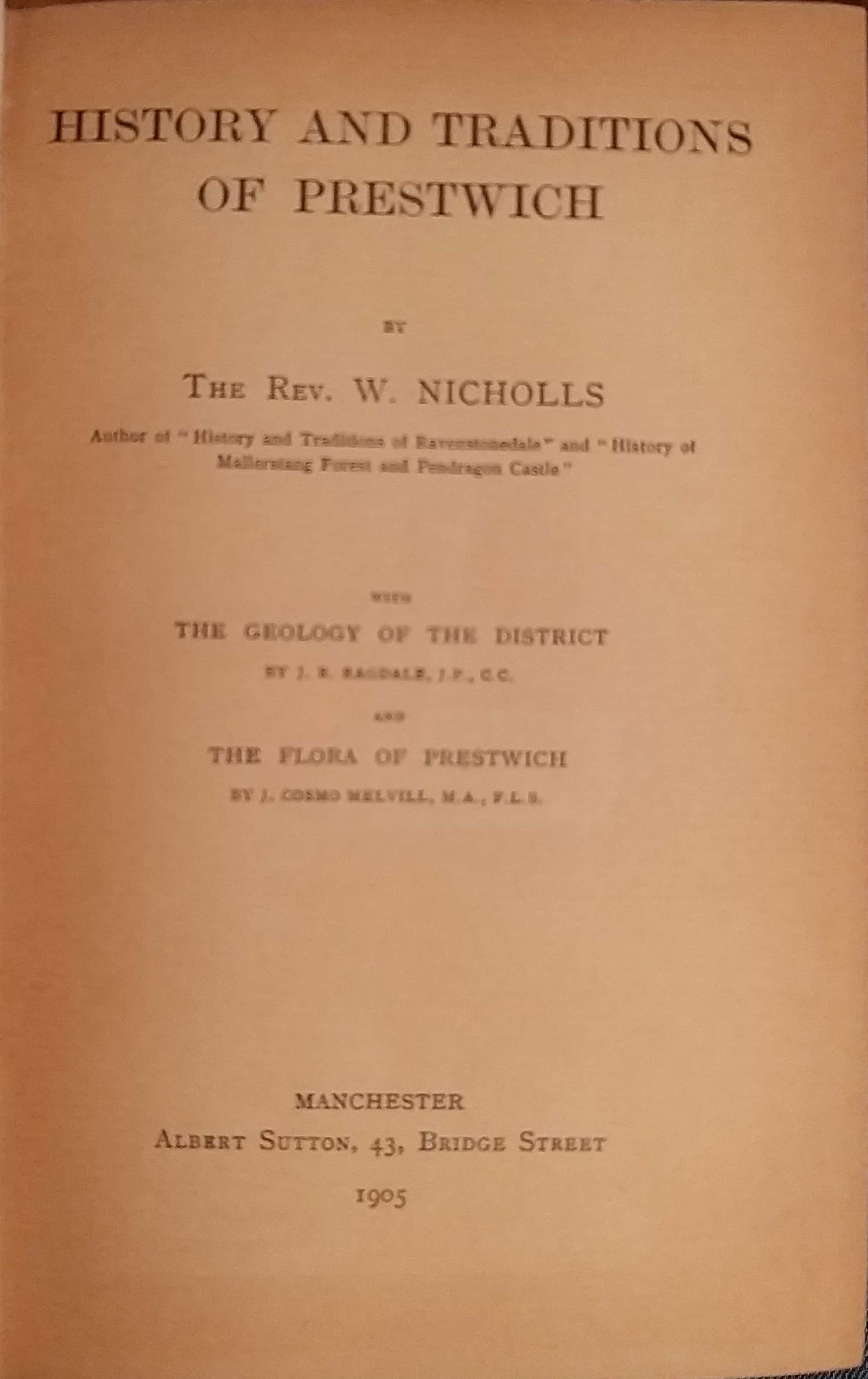
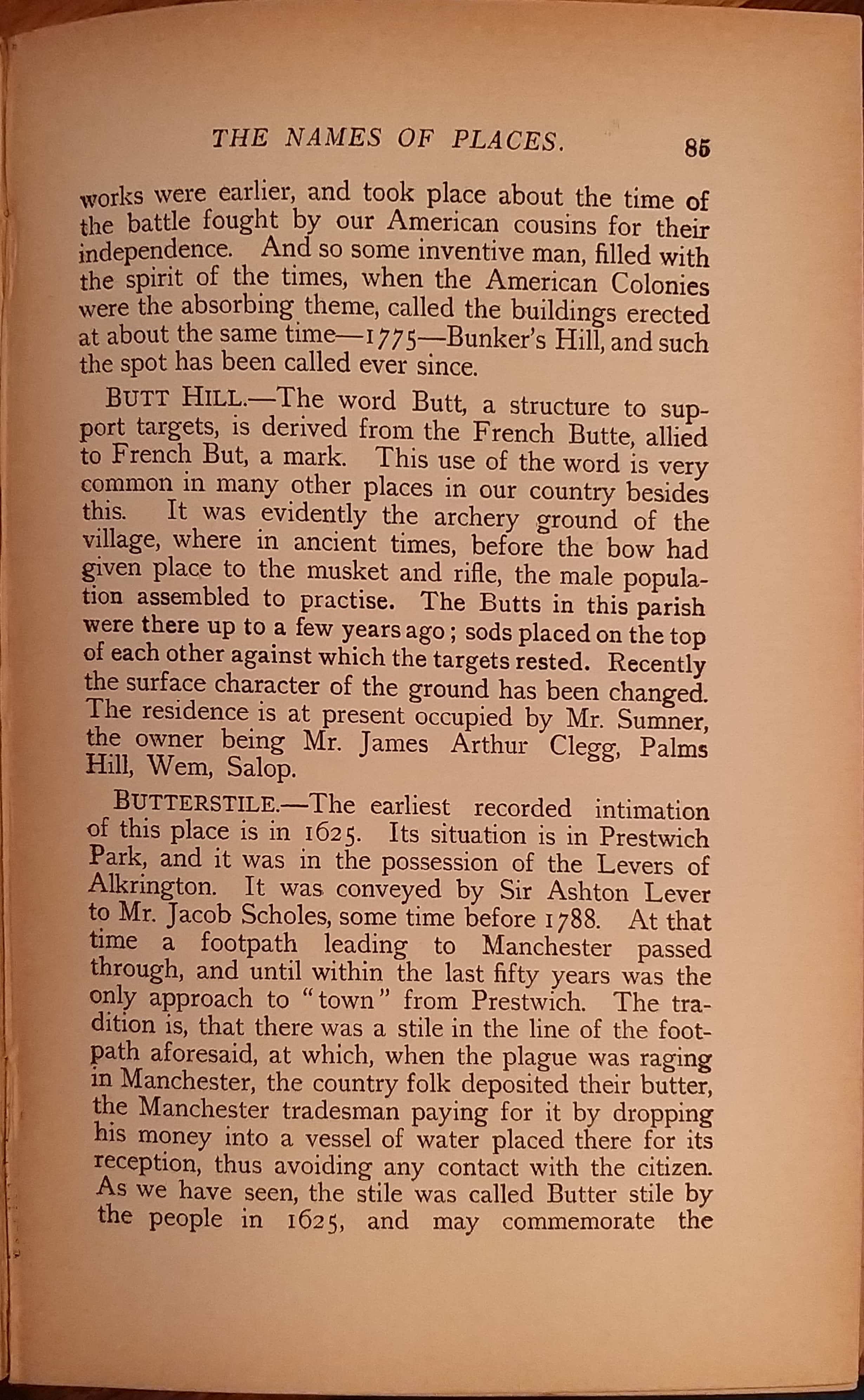
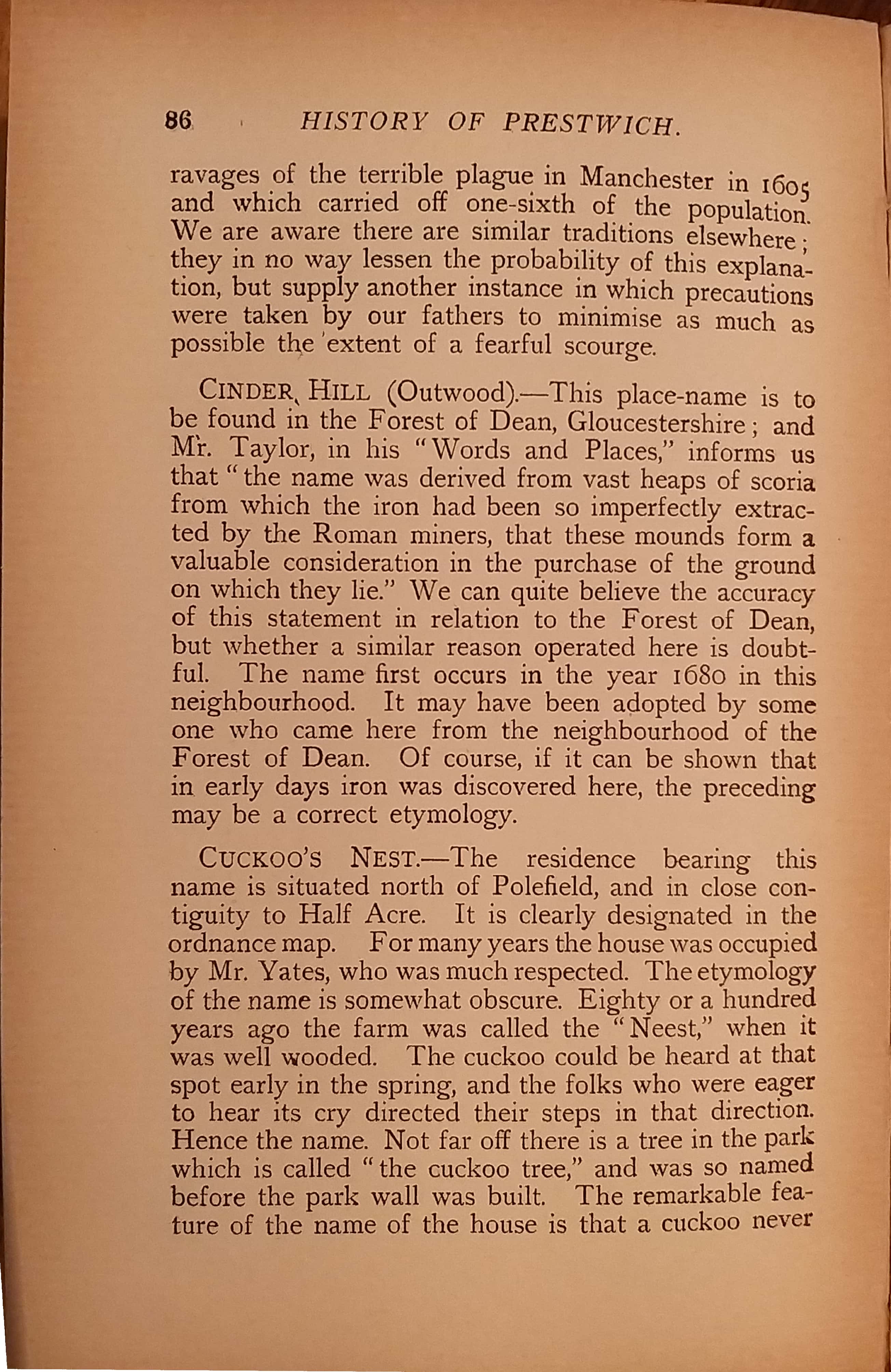
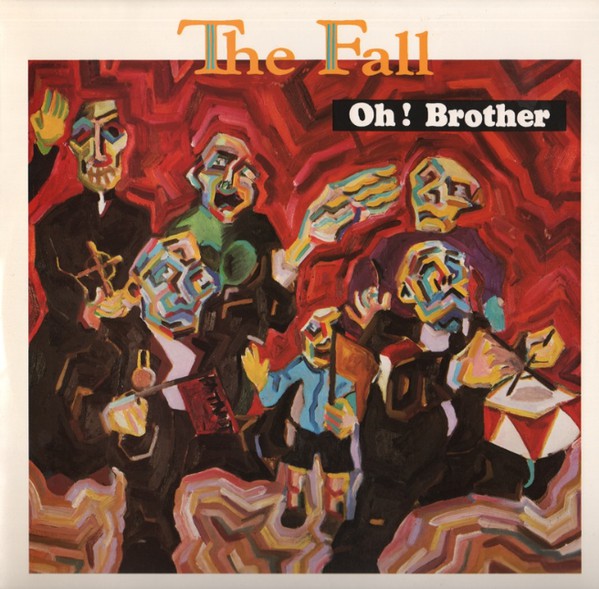
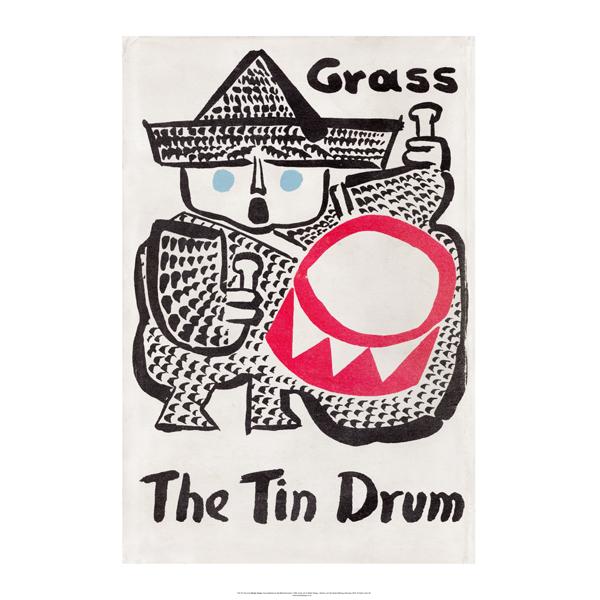
"put butter on plague style"
c.1910,. Dr Vladimir Pantchenko/Panchnko and Patrick O'Brien Lacey were convicted of murdering Captain Vassili Buturlin. Their original plan was to spread cholera on bread with butter and cavier, although in the end they injected their victim with diptheria. There's a Colin Wilson Encyclopedia of Murder (1962) that talks about Pan(t)chenko, who is said to have worked for the Russian Laborartory of Plague Cultures - he was bribed by O'Brien, who stood to inherit if Buturlin died.
I get Colin Wilson - type esoteric vibes from this song, in general.